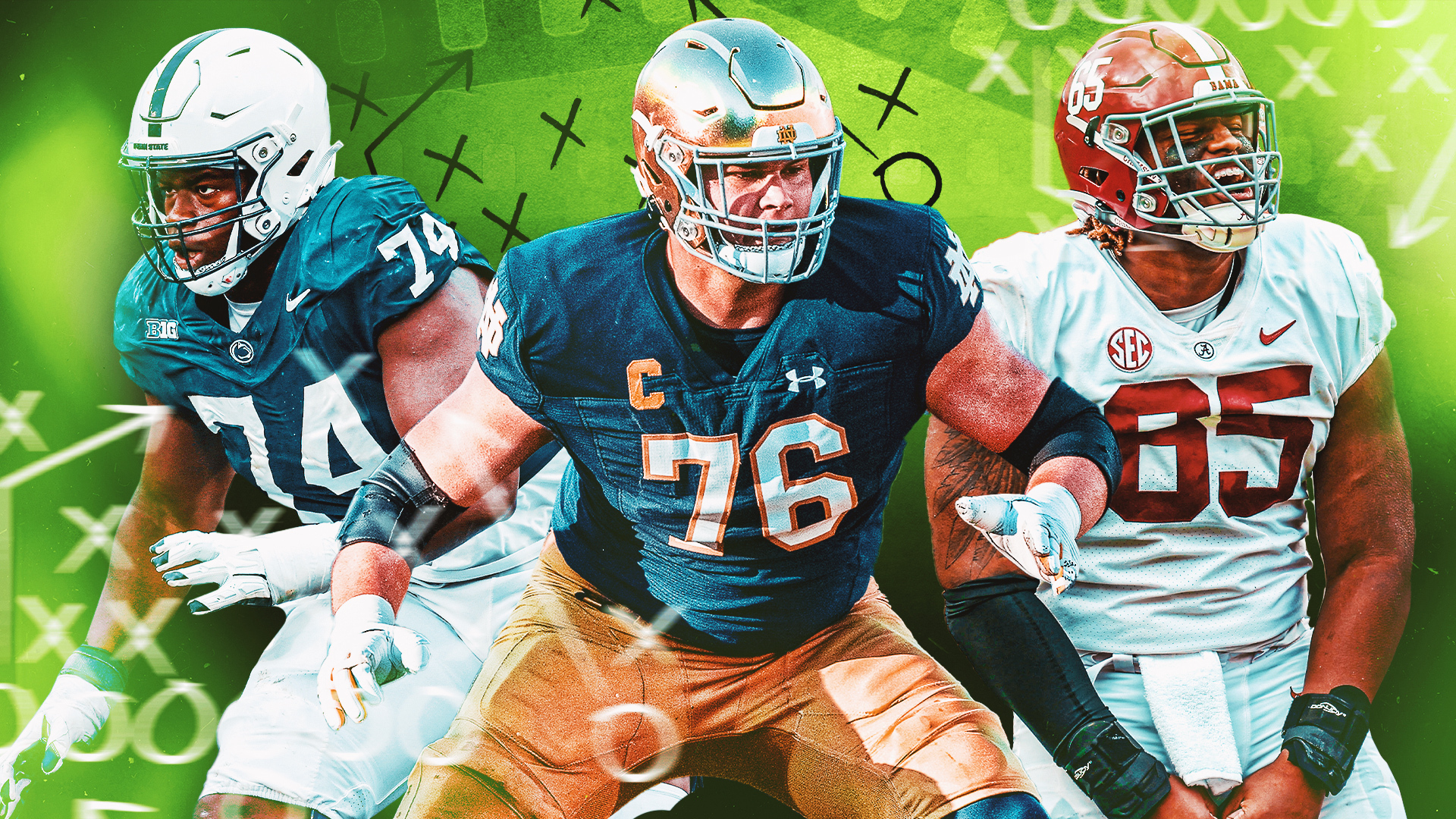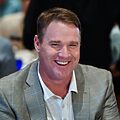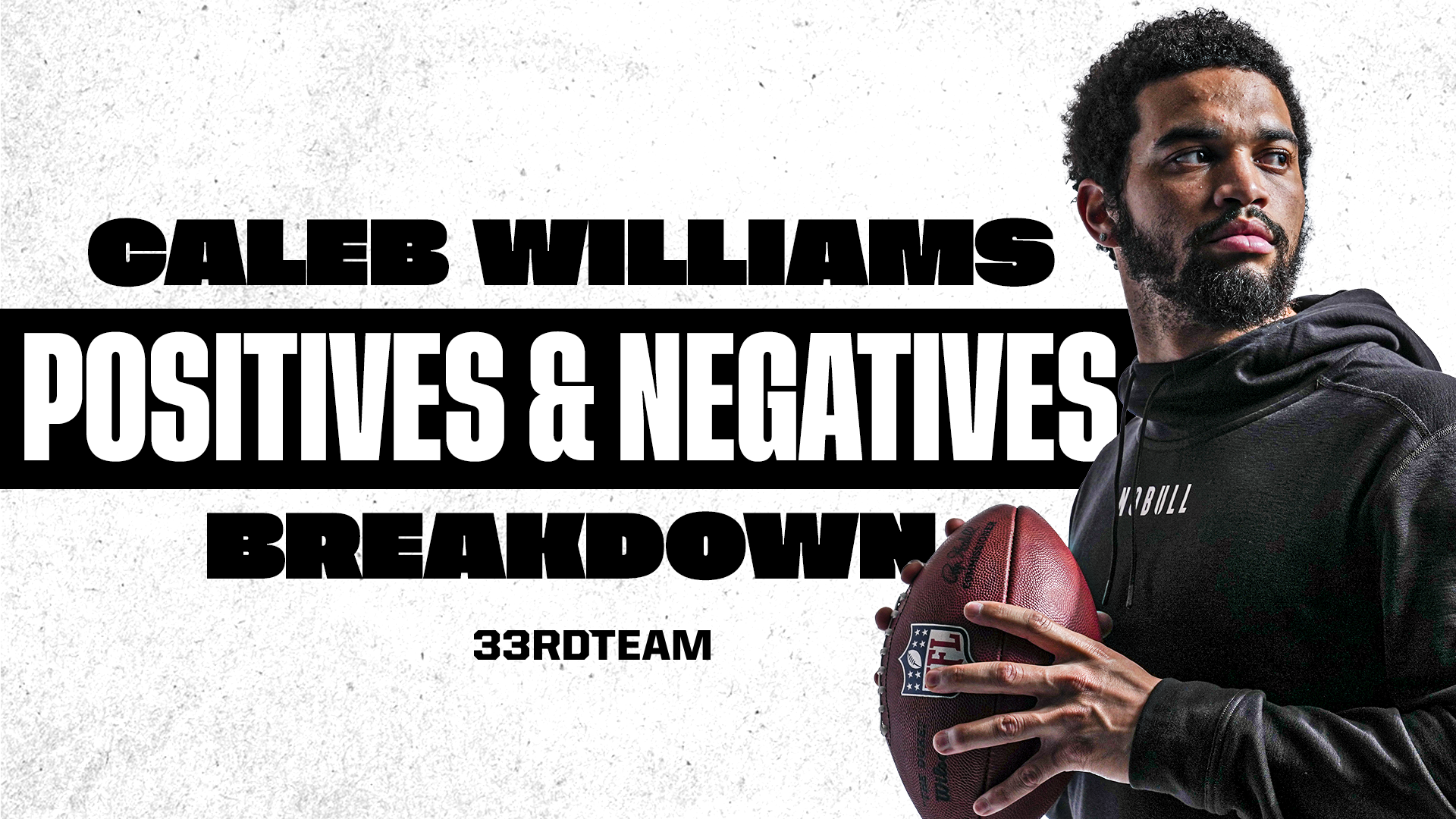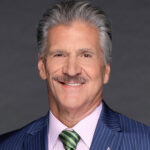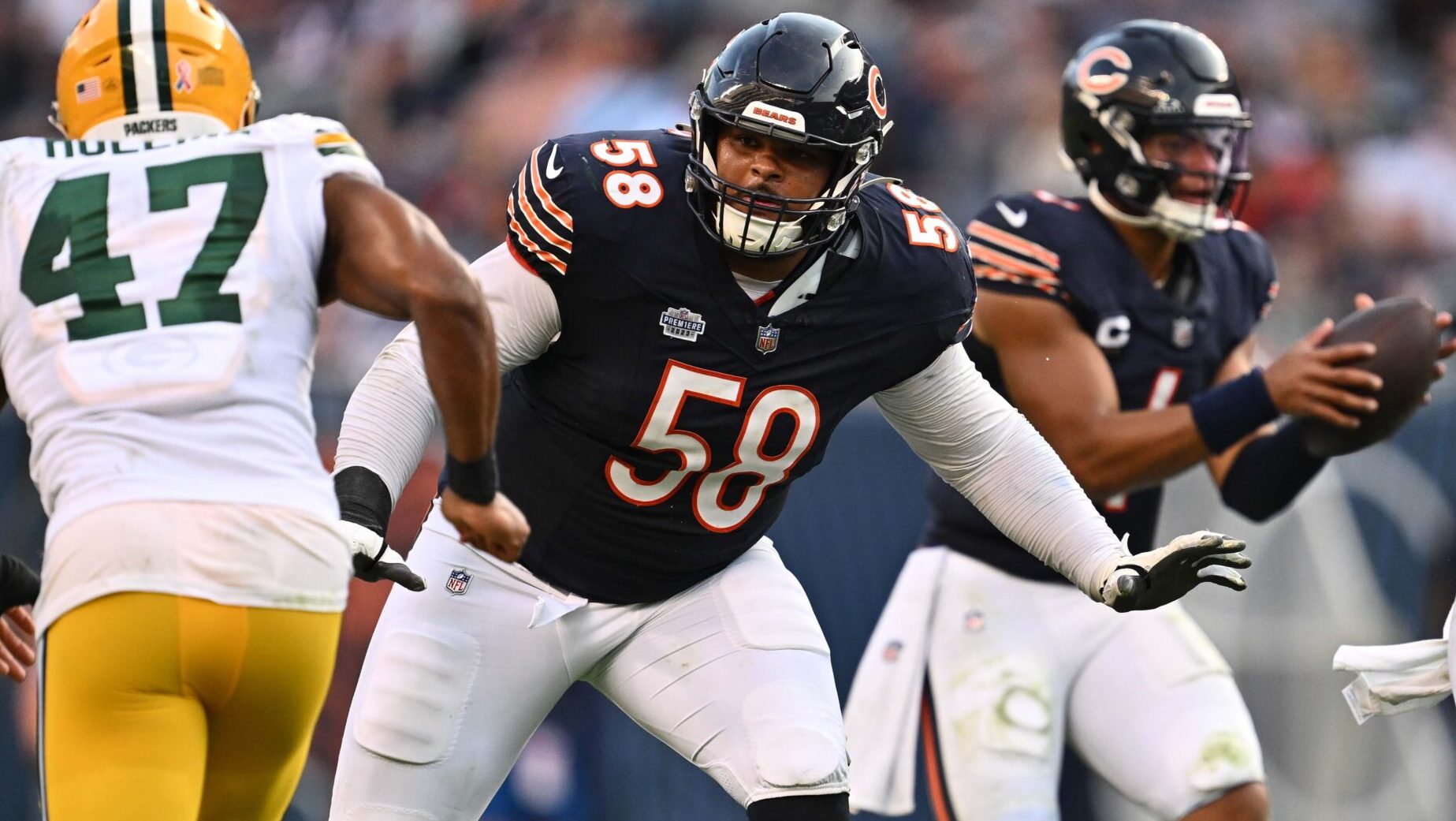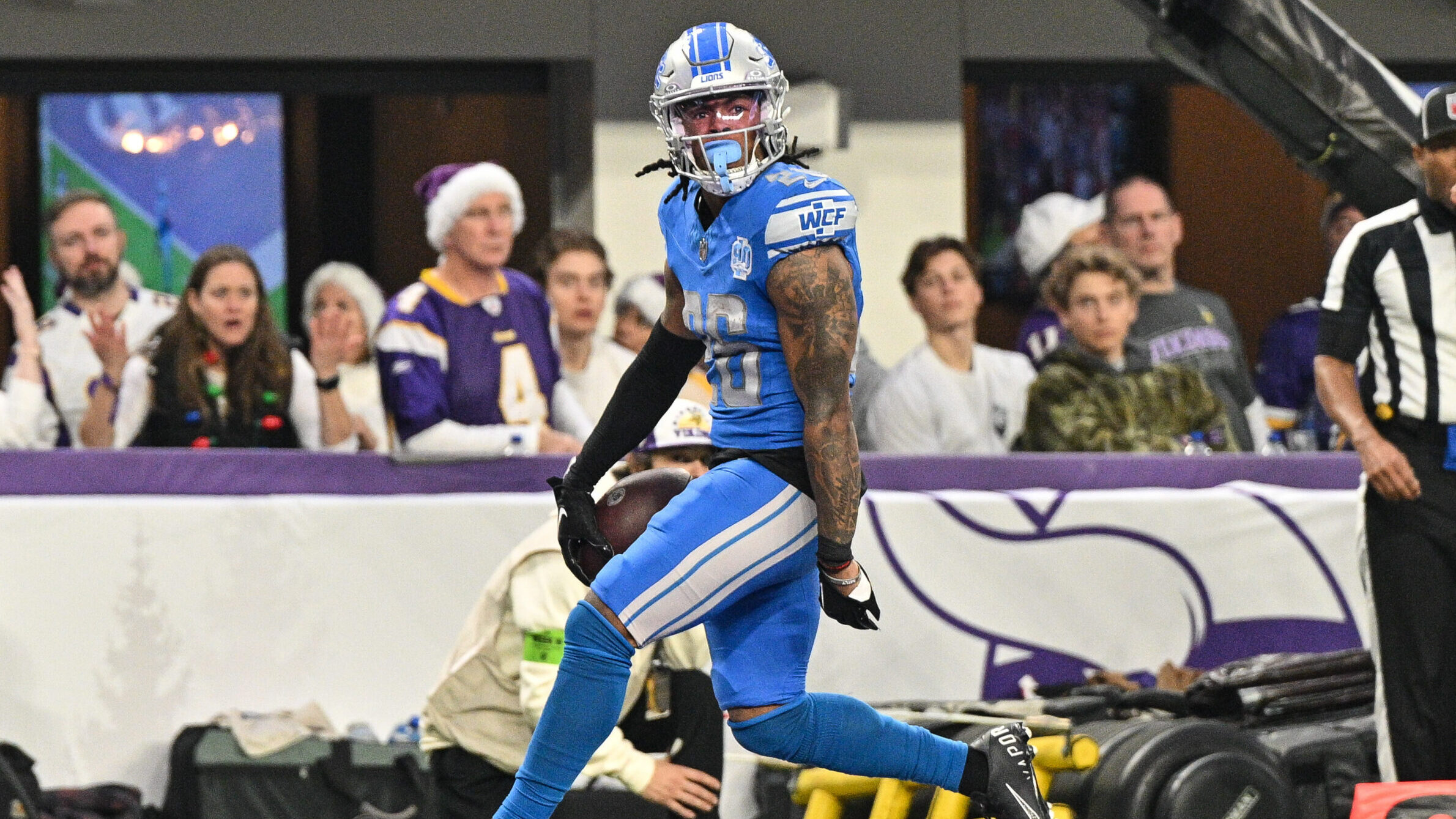Breakdowns
12/22/21
6 min read
How To Be A Successful Mentor
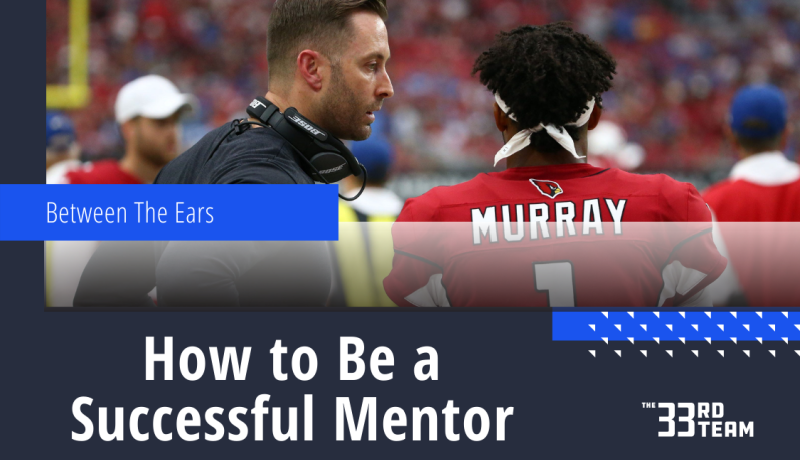
In partnership with Athletic Intelligence Measures, The 33rd Team features a weekly article on Sports Psychology and its effect on performance within the sport of football.
Each week, we discuss an important aspect of Sports Psychology with Dr. Goldman that can help football coaches, management, and player personnel learn what Sports Psychology really is, and learn how best to put it into practice.
In previous articles we have discussed topics such as: Different Players Must Be Coached in Different Ways, Intelligence as a Competitive Advantage in Sports, 3 Ways NFL Teams Can Promote Mental Health, Increasing Engagement With Injured Players, and Inside the Mind of an NFL Tight End.
In professional sports, mentorship influences all levels of performance. With the nature of the NFL being a “Not For Long” proposition for many players and coaches, having strong mentors who are able to help onboard their mentees quickly and effectively can be a critical advantage.
While most think of mentorship as a unidirectional experience, as Dr. Scott Goldman says, it is important to view the mentorship process as a mutually beneficial relationship.
“It goes both ways,” Goldman says. “It is the idea of two people with different levels of experience engaged in a relationship where both receive an opportunity for growth and understanding.
“The best mentors learn from the people they are guiding. Those that are newer to an industry or experience can also bring about innovation, as they may have a fresh perspective.
“One person provides wisdom gained from experience, and the other person provides perspective and innovation that comes from being new.”
Goldman advocates that strong mentorship accelerates the learning curve for mentees while acclimating and establishing the unwritten rules of engagement that occur within the team culture.
In other words, if coaches want to establish a certain culture in their building, they had better assure that they have the right mentors in place, and that those mentors are preaching the right message.
“With human relationships and interaction, there’s always a set of rules,” Goldman says. “There are rules that are above the table such as what time a practice or game starts. And, then there are rules below the table such as how the team treats rookies at camp.”
In the situation outlined above, there is a code of conduct that is not written, but is shared nonetheless. That is where mentorship really comes into play, when the mentor can guide the mentee and tell them what is or is not acceptable.
“In toxic situations, mentorship exists where veterans inform new players of how to bend or even break team rules without consequences. I have witnessed teams where the vets teach rookies how to get away with missing workouts, how to avoid certain meetings, or which rep to take off,” Goldman says.
“By comparison, championship-level organizations have veterans educating the rookies about their standard and accountability. So, if a rookie tries to cheat a workout, the veteran confronts the and says something like ‘That’s not how we do things here.’”
Mentorship dynamics in sport takes on many different forms, such as the veteran player who takes a rookie under their wing, the seasoned coach teaching a rookie coach the ropes, an experienced front office executive supporting a first time GM, etc. There is also the role of the sports psychologist who assists and supports the sacred space and interactions between the mentor and mentee.
As Dr. Goldman notes, “Psychologists have sophisticated, empirically validated training that focuses on human behavior and human interaction. Many coaches and front office executives expressed gratitude and appreciation to me for flushing out a game plan before initiating actions towards the player or coach they are mentoring.”
Goldman suggests that one common thread throughout all of the mentor-mentee relationships is trust.
“Overt comments can sometimes be an indicator of a forced statement rather than a natural one. For example, most people don’t need to hear ‘I trust you,’ if the person saying it has displayed behaviors that illustrate their trust in the person. In fact, stating the obvious may trigger some suspicion why the person made the statement,” Goldman says.
“Relational trust is based on three pillars: Authenticity, Knowledge, and Empathy.”
Authenticity is about being real and true to oneself. It may also consist of being transparent. The knowledge component is when the mentee believes that their mentor is well-informed and has the “answers to the test.” And to truly empathize with a mentee, the mentor must be capable of connecting and understanding the mentee’s world through the mentee’s lens.
“Sometimes coaches force a relationship with a player with the sole intention of inducing production,” Goldman says. “In that situation, a coach’s tendency is to want to be overt with their language, saying things such as, ‘I care about you,’ or ‘I love you.’
“But then, a common thing in sports happens, the coach has to make a difficult decision that is best for the team, such as benching or even cutting the player. This can be confusing and negatively impacts the relationship when the player is left wondering which is more true—what the coach said—'I love you’ versus what the coach did in benching the player. In any relationship, the action illustrates the truth over the verbal statement.”
“When trying to foster this authentic, meaningful relationship where you tell someone, ‘I love you. I’ll do whatever is best for you. I’ll die for you.’ and those sorts of statements, a real fracture can occur when you have told that person one thing and done something contrary. And, this doesn’t just impact the player in the relationship. It can impact the entire locker room who is watching.
“The most nurturing and powerful relationships that I’ve been around were the ones where mentors’ actions expressed authentic investment. They didn’t have to say, ‘I care about you,’ to their players. The players already felt it.”
You can find more information about Scott Goldman’s company Athletic Intelligence Measures here. If you would like to learn more about implementing sport psychology into your program, please email him at info@athleticintel.com


